There are numerous brands of generators available in markets, shops, and streets vendors. Purchasing a generator can be challenging because some are original products while others are inferior or imitation products. How can the original ones be recognised?
To prevent purchasing a fake or inferior generator, there are some crucial elements you should look for. This will enable you to get a generator that meets your needs and is dependable for many years without requiring frequent part replacements or maintenance.
Here are eight points to consider before purchasing a generator in other to avoid buying fake or inferior generator.
1. The Coil
Before purchasing a generator, thoroughly inspect the coil. The coil within the motor needs to be wrapped correctly. If not, the coil would be ruined. It is recommended to get a generator with a 100% copper coil while doing so. It endures longer than other coils you might consider.
Every generator has coils, which can be made of brass, aluminium, or copper.
- Copper Wire Coil: Generators of the utmost quality have copper wire coils. Before purchasing, give the generator’s coil a thorough inspection. You’ll see that the copper wire is a golden colour. However some dealers may spray aluminium or brass wire to seem like copper, you will be able to tell whether it has been done so since, when you touch it, it will stain your hands. Place a magnet on the coil’s surface to verify whether it is copper; if the magnet attracts, copper is not there because copper is not magnetic. If a coil sprays, it can mean that the engine has been serviced, and after operating the generator, the engine might knock.
- Aluminum Wire Coil: Aluminum coil, which is typically used in less expensive generators, is not very good. Silver colored aluminium wire is available in glittering form. The copper coil is more powerful than this.
- Brass Wire Coil: The gold colored brass wire coils are also available. Out of the generating coils, it is the weakest. It will be wise to stay away from any generator that has this kind of a coil.
2. Fuel tank capacity
The Importance of Large Tank Capacity, there are many reasons why a large tank is so beneficial. First, a large tank means you have more space to store your fuel. That means you don’t have to worry about running out of fuel frequently or within a short space of time. This is also beneficial for keeping your power stable and uninterrupted mostly when you are doing a lot of tasks.
3. A Name is Inscribed on the Generator
Although this may not be the case for all generators, be sure the generator you are purchasing has its name engraved rather than painted on at least four areas of the generator before you pay for it. Look for the generator’s name engraved on the gasoline tank, carburetor, cylinder head cover, engine block, exhaust pipe, and generator tail plate.
4. Generator size
Size certainly matters when choosing the right generator for your needs. A generator that is too large will be difficult to move and will require a lot of fuel to run, while a generator that is too small will not be able to provide the required power when you need it most.
When choosing a generator, consider the size of the area you will be using it in and the number of people you will be powering. For example, a generator designed to power a large industrial facility would be larger and more expensive than a generator designed for use in a small household.
In addition, smaller generators use smaller fuels, while larger generators use larger fuels. This can affect how long the generator lasts and how much electricity it produces.
5. The Engine Block
Examine the engine block before purchasing a generator. At first glance, you can tell a fake engine block both from an authentic one. When viewed, a fake engine block is extremely polished and light in weight. By tapping the engine, you can check the engine block; if it’s the original, it should create a muffled sound. It indicates a fake or inferior generator if it makes a loud, unsteady, resonant noise.
6. Type of fuel
When it comes to whether the type of fuel in a generator matters. However, there are a few factors to consider.
One thing to consider is the type of fuel the generator is using. Gasoline and diesel generators typically use different fuels, so choosing the right one for your needs is important.
Finally, it’s important to remember that not all generators use the same type of fuel. Some generators use both gasoline and diesel, while others only use diesel. Make sure you choose the right generator for your needs.
7. The Generator’s Sound
Ask the seller to test the generator for you before you purchase it. A generator’s originality cannot be determined by the manner in which it is packaged. Watch the sound when being tested. A good generator should produce a sound that is consistent and pleasant. Don’t purchase if the generator sounds scratchy. Aluminum generators are, as mentioned above under the differences between the types of coil, twice as noisy as copper generators.
8. Generator Prize
Price is one of the most important factors to consider when buying a generator. This affects not only the total cost of the generator, but also the warranty. For example, a higher price may mean a generator has a longer warranty. In addition, a higher price can also mean that the generator is of better quality. Although you also need to spend wisely.


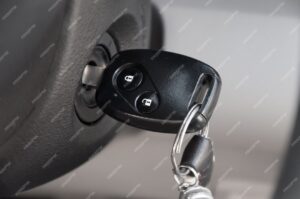


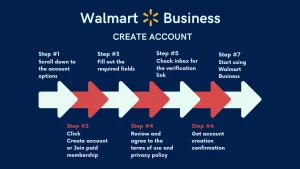
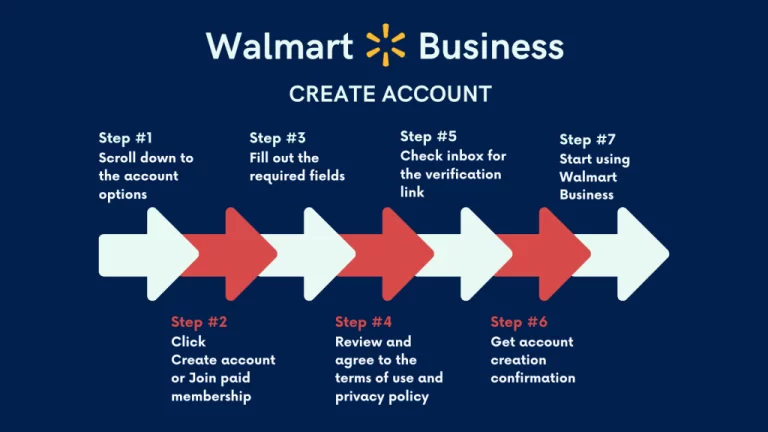
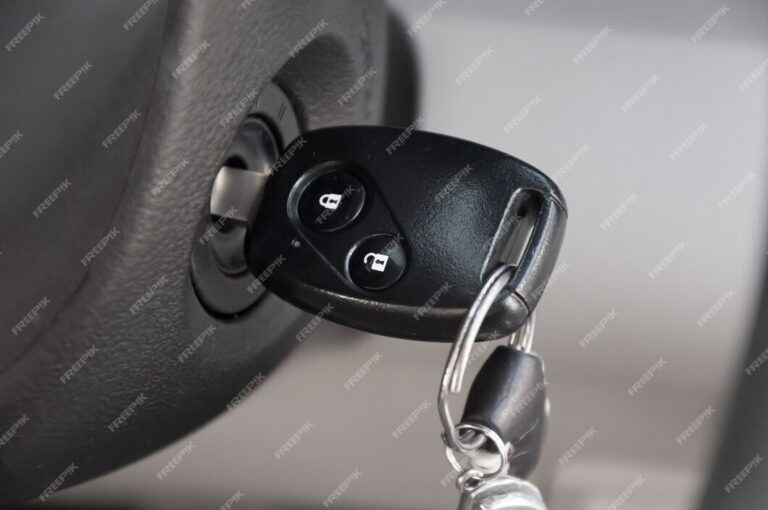

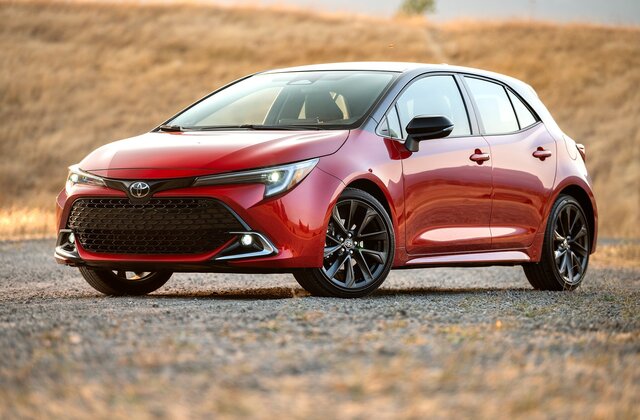

+ There are no comments
Add yours